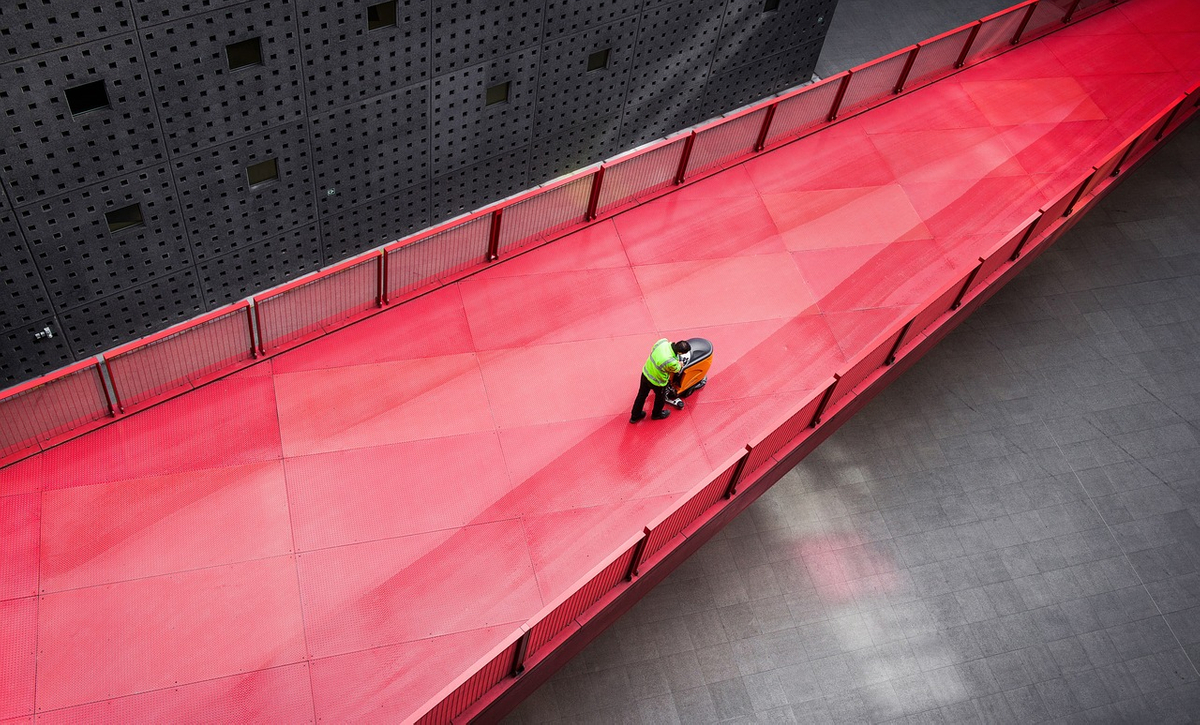Ever wondered about the differences between commercial and residential cleaning? At first glance, one might think cleaning is just cleaning, whether it's an office or a home. However, the distinctions run deeper than you might expect. From the tools used to the specialized methods applied, commercial and residential cleaning stand apart in many ways. Let's uncover these differences, ensuring you pick the right service for your space.
1. Scope and Scale
Commercial: Commercial spaces often cover larger areas, encompassing office buildings, warehouses, or retail establishments. Cleaning these areas demands large-scale equipment and a team that can handle vast square footage.
Residential: Homes, on the other hand, are more confined, requiring attention to detail in smaller, intimate spaces. Residential cleaning typically involves handling personal items and decor, requiring a more delicate touch.
2. Frequency and Timing
Commercial: Most businesses prefer cleaning after-hours to avoid disruption. This means commercial cleaners often work late evenings or early mornings. Additionally, commercial spaces might need daily or weekly cleaning, especially in high-traffic areas.
Residential: Homeowners usually schedule cleanings during the day, often bi-weekly or monthly. It's more about maintaining cleanliness than addressing heavy daily foot traffic.
3. Equipment and Supplies
Commercial: Commercial cleaning requires industrial-grade equipment, such as high-powered carpet cleaners, floor buffers, and power washers. The cleaning solutions used are typically more potent to handle heavy-duty cleaning tasks.
Residential: In homes, cleaning tends to utilize consumer-grade equipment. The solutions and detergents are milder, ensuring safety for children and pets.
4. Specialized Services
Commercial: Services like deep carpet cleaning, power washing, and HVAC duct cleaning are more common in commercial cleaning. Commercial spaces may also require specialized sanitation, especially in sectors like healthcare or food service.
Residential: Residential cleaning might involve tasks like washing dishes, laundry, bed-making, and more personalized organizational services.
5. Training and Expertise
Commercial: Commercial cleaners often undergo specialized training, learning to operate heavy-duty equipment and understand the unique needs of business spaces.
Residential: Residential cleaners emphasize the personal touch, understanding homeowners' specific preferences and taking care of delicate household items.
Whether it's the sprawling floors of a corporate building or the cozy confines of a family home, cleaning is both an art and a science. While the basic principles remain the same, commercial and residential cleaning cater to different needs, scales, and intricacies.
If you're a business owner or homeowner, understanding these differences is key to ensuring your space gets the care it deserves. And for those seeking top-tier cleaning services, remember to choose a provider who understands these distinctions down to the last detail.

